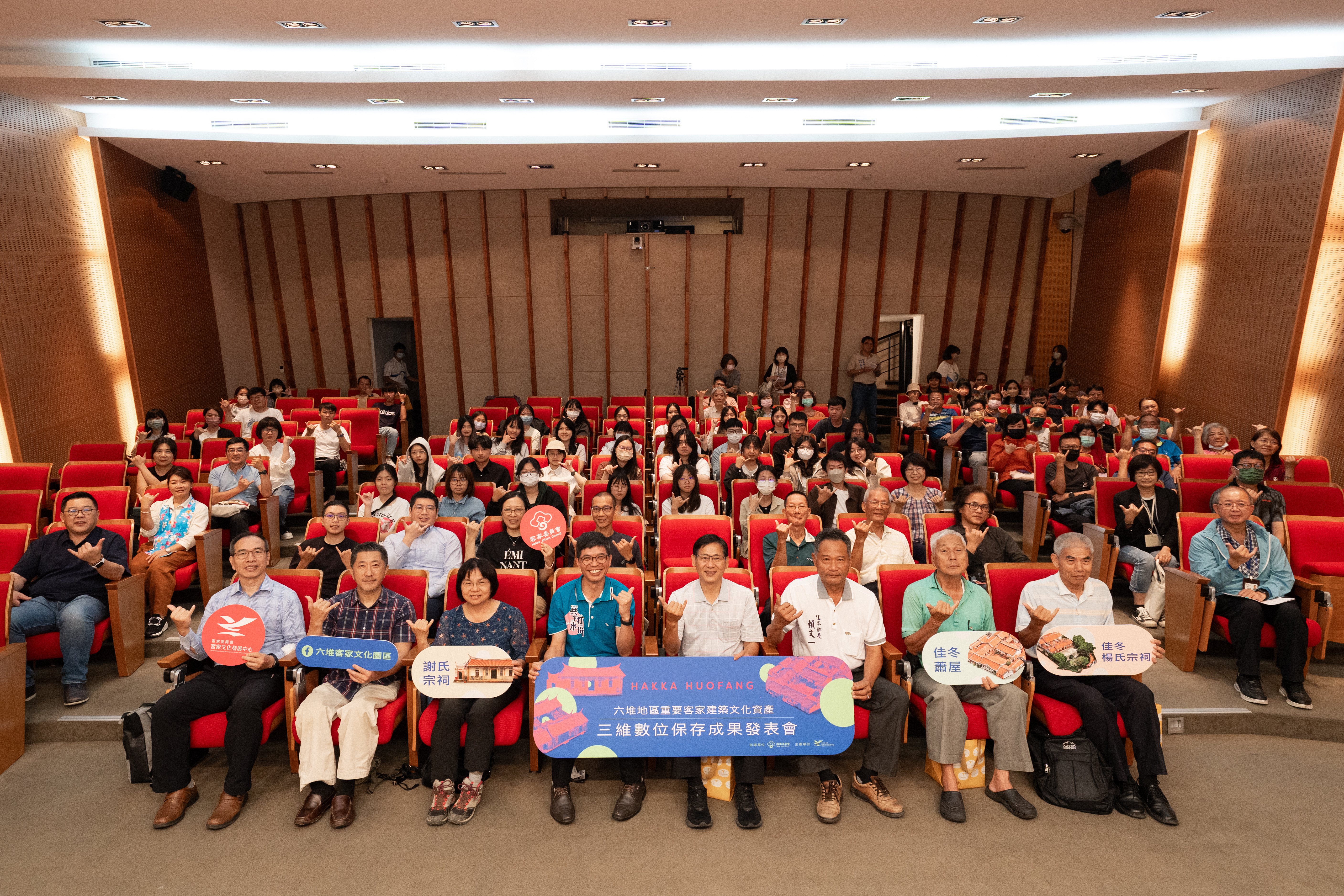
Activity Outcome
The Beauty of Hakka Huofang Houses: Hakka Culture Development Center of the Hakka Affairs Council Unveils 3D Digital Collection
- Source:客家文化發展中心
- Publication Date:2025/09/15
- Last updated:2025/09/15
- Count Views:771

Hakka Culture Development Center held a press conference at the Liudui Hakka Cultural Park to present the results of its 3D digital preservation initiative. The project involved detailed digital scanning of three cultural heritage sites: county-level historic sites "Jiadong Hsiao Family House" and "Jiadong Yang Family Ancestral Hall," and historical building "Neipu Hsieh Family Ancestral Hall." The event brought together representatives from the Bureau of Cultural Heritage, Ministry of Culture; local offices of Hakka cultural and heritage affairs in southern Taiwan; and the twelve townships of the Liudui region. Through this collaboration, the Center aims to promote the unique tradition of huofang (communal kitchens) in Hakka villages.
The presentation was attended by distinguished guests including Song Kuei-Long, Chief Secretary of the Council for Hakka Affairs of Kaohsiung City Government; Lai Wen-Yi, Township Chief of Jiadong Township, Pingtung County; Professor Lin Sih-Ling of National Pingtung University; Associate Professor Hsu Hui-Min of National Yunlin University of Science and Technology; Huang Cheng-Han, Section Chief of the Taiwan Construction Research Institute; Dr. Lung Shih-Chang, Director of the College of Management at National Kaohsiung University of Science and Technology; Assistant Researcher Chen Chun-Yu of the Bureau of Cultural Heritage, Ministry of Culture; Hsiao Yi-Hsiung, Manager of the Hsiao Family House; Yang Ching-Mou, Manager of the Jiadong Yang Family Ancestral Hall; Hsieh Kuang-Jung, Tseng Juo-Lan and other representatives from the Neipu Hsieh Family Ancestral Hall; Lai Wen-Jung, descendant of Lai Hsiung-Fei, the fourth General Chief of the Liudui militia; Lin Kao-Ben, Secretary-General of the Pingtung Sustainable Cultivation and Development Association; Chiu Wen-Yueh, Secretary-General of the Liudui Cultural Research Association of Pingtung County; Tseng Shu-Ling, Chairperson of the Liudui Culture and Education Foundation; Tsai Hsing-O, Deputy Executive Director of the Kaohsiung Hakka Cultural Affairs Foundation; as well as representatives from the Hakka Affairs Department of Pingtung County Government, the Land Administration Office of Pingtung County Government, and the township offices of Jhutian and Wanluan.

Ho Chin-Liang, Director of the Hakka Culture Development Center, explained that as a platform to promote the Liudui Eco-museum, Liudui Hakka Cultural Park has always strongly emphasized carrying out cultural heritage surveys, as well as the preservation and promotion of Hakka villages. He expressed his gratitude to the Bureau of Cultural Heritage, the governments of Kaohsiung and Pingtung, and the various township offices for their assistance and support. He also extended his appreciation to the family members of the three huofang sites, whose collaboration through interviews and the allowance of the filming, enabled the Center to preserve the culture digitally. The resources will be used in exhibitions and outreach efforts, allowing the history of resilience in the Liudui region to be brought to life through digital recreation and interactive experiences. In this way, the enduring historical depth and warmth embodied in Hakka huofang can be shared and felt by an even broader community.

At the presentation, an impressive animated film created from 3D point cloud scans vividly highlighted various cross-sections, perspectives, and aerial views of the three Hakka huofang sites. Through innovative interaction and visual effects, the film also brought to life the intricate floral and animal motifs carved on the four-seasons wooden screen doors of the second main hall at the historic Hsiao Family House, a century-old heritage site. In the animation, plum blossoms and tits appeared in spring; lotus flowers and egrets materialized in summer with bats hovering above the lotus leaves; autumn had chrysanthemums and magpies; and camellias with golden pheasants came in winter. Each scene was rendered with striking clarity, causing the audience to feel as if they were there.

Looking ahead, the Hakka Culture Development Center will continue to use the digital preservation results to organize cultural heritage education and outreach programs, attracting more people to explore Hakka villages. For more information about upcoming events, please visit the Center’s official website at https://thcdc.hakka.gov.tw/ or follow the Facebook pages of the Taiwan Hakka Museum and the Liudui Hakka Cultural Park.
